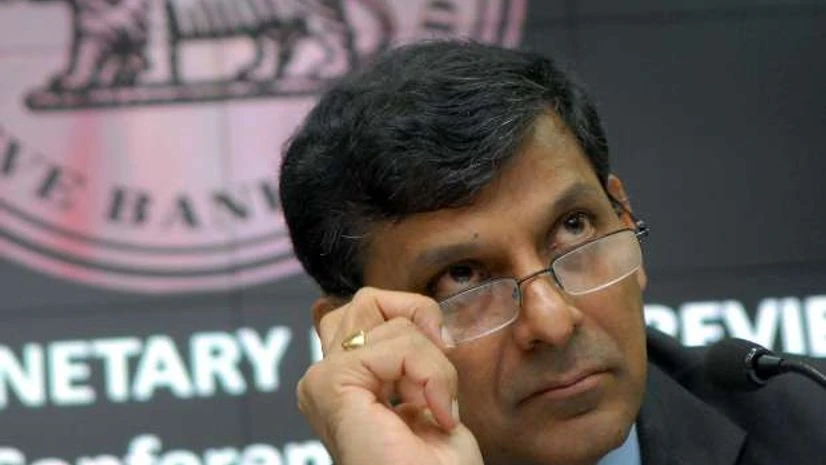Subramanian Swamy, BJP’s newly nominated member to the Rajya Sabha, recently said that Reserve Bank of India governor Raghuram Rajan should be removed from his post.
According to Swamy, Rajan has hiked interest rates "in the garb of controlling interest inflation", which has "damaged the country", and that he was responsible for “unemployment and collapse of industrial activity".
In a fresh salvo at Rajan, Swamy has written to Prime Minister Narendra Modi seeking immediate sacking of the former IMF Chief Economist while alleging he was "mentally not fully Indian" and has "willfully" wrecked the economy.
Following up his barb against Rajan at the end of Parliament session last week, Swamy yesterday wrote to Prime Minister seeking termination of Rajan's services with immediate effect.
According to Swamy, Rajan has hiked interest rates "in the garb of controlling interest inflation", which has "damaged the country", and that he was responsible for “unemployment and collapse of industrial activity".
Swamy, known for his outspokenness, is only partly right in his facts. Rajan did increase interest rates, but that was not only to control inflation, as Swamy has rightly pointed out, but also to save the rapidly sliding Indian currency.
Rajan took oath as the RBI Governor in September 2013 at a time when rupee was around 70. Inflation since last quarter of calendar year 2012 was in double digit. Urgent measures were needed to bring down the inflation rate and stop foreign investors from leaving the country.
More From This Section
One way of doing that was to increase interest rates and offer better yield to foreigners which would tempt them to stay back and bring in more money in the country, which is what exactly happened. Outflow was not only stopped but nearly $10-15 billion of inflows was seen over the next few months.
Had he not done that, inflation would have skyrocketed and Indian economy would have taken the same route as global economy. Rajan not only managed to ring-fence the Indian economy from a global rout but also ensured monetary policy stability. In order to do so, he kept interest rates steady, though high, which is any case would not have affected Industrial activity since they were in dumps by the end of the UPA’s second term.
What Swamy seems to have missed out is that since January 2015 Rajan has reduced interest rate by 150 basis points, twice of what he had increased. Rajan joined office when interest rates were at 7.25 per cent, which Rajan progressively increased it to 8%, and retained it at the same level in 2014.
ALSO READ: Why Raghuram Rajan deserves a second term
But since January 2015, rates have been reduced from 8% to 6.5%. This was done only after the inflation rates started coming down from the double digit levels to below 6%. What is more credible is that inflation was kept lower despite two years of drought.
If there is anyone Swamy needs to criticise for non-activity in industries, it should be his colleague in the finance ministry. In order to take up the challenge of his predecessor of meeting the fiscal deficit target, the Finance Minister put a brake on government spending, which further slowed down a creaking economy.
Swamy also has missed out on the point that the role of a central banker is not only to play with interest rates but he has other mandates too. Commenting on Swamy’s statement V Kannan, former Chairman and Managing Director of Vijaya Bank pointed out that the RBI Governor had performed exceedingly well in three critical areas – containing inflation (a mandate given the central bank governor), ensuring orderly change in foreign exchange market and bringing credibility to the Indian banking system (through cleaning up of balance sheets).
Rajan’s carrot-and-stick policy is perhaps the main reason that the banking system has mustered enough courage to disclose their toxic assets they have been nurturing since the turn of the decade, again a legacy of the UPA era.
Despite the fact that he will be in office for probably the next few months, Rajan has decided to take the bull by its horn by taking on the highly leveraged and politically connected industrial groups. Rajan will no doubt be feeling political pressure against some of the initiatives he has taken.
But credit has to be given where it is due. Rajan, as an economist and a government servant, has balanced his job very well. Swamy as a fellow economist should see through the political rhetoric and recognise the economist in himself.

)
